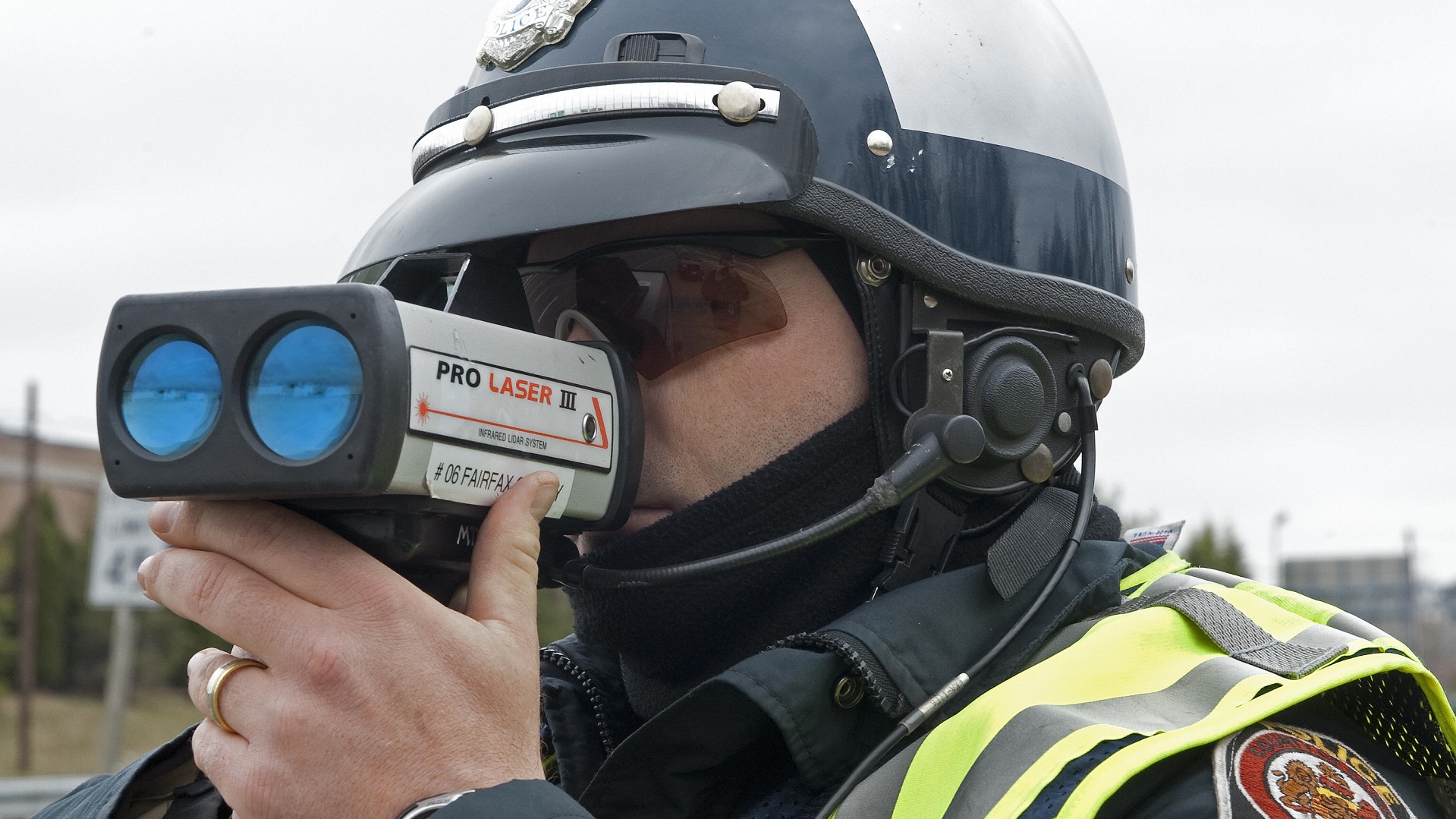

Speeding tickets are a fairly common occurrence in modern society. It’s not uncommon to see a police cruiser parked in the median with a radar gun hanging out of the window, or perhaps behind a motorist on the side of a highway while a state trooper stands by the driver’s window with ticket book in hand. Paying the first speeding fine has even become a pseudo-right-of-passage. But is paying a fine really the best way to make drivers slow down?
Police in Estonia are questioning the effectiveness of tickets as part of a recent campaign to crack down on speeders across the country. Rather than the mundane write-a-ticket approach, officers began giving first-time offenders a choice: pay a fine or sit in time-out.
Earlier this fall, Estonian police launched the experiment on a small stretch of road. Drivers who were caught speeding and fit the target profile were then given the choice. If drivers didn’t want to pay the fine, they would sit idly on the side of the road for a pre-determined time of between 45 and 60 minutes, depending on how fast they were caught traveling. Once the time-out was over, the offenders were free to go.
In total, 15 speeders were stopped. Only 11 of them were given the choice between waiting and a fine—6 of them chose to wait it out. One driver reportedly escaped a $442 (400 Euro) fine by choosing to wait rather than take the ticket.
“We are investigating how speeders perceive the fine and the impact of the lost time. We know from interviews with motorists that some people consider having a conversation with a police officer and the time they take to intervene more effectively than fines.” said Elari Kasemets, an Innovation Advisor at Estonia’s Police and Border Guard Board.
“On the basis of these police operations, we will collect information about the reasons speeders give to justify breaking the limit. We are analyzing the impact of different interventions to find more effective solutions, because the goal is for perpetrators to actually change their behavior, not to punish them for the sake of punishment.”
Drivers in Estonia reportedly often treat speeding tickets like any other bill. Often, the fines are automatically generated by speed cameras and aren’t detrimental to one’s driving record. If a speeder gets a fine in the mail, they pay it and move on. The idea of this particular experiment is to show that dealing with a speeding ticket can be more annoying than the few extra minutes that it takes to get to a destination by traveling the speed limit.
Some European countries believe that hurting someone in the wallet is still the most effective method of mitigating speeding. In countries like Finland, for example, the fine for speeding scales with the offender’s income. Although the true price of speeding often comes once your vehicle insurer finds out about the shiny new ticket you earned.
While the experiment proved to be an overall positive experience, it’s not truly scalable. The manpower needed to staff such an initiative (should it be successful enough for widespread adoption) would be massive—way more than the police force currently uses for traffic enforcement. But that doesn’t mean this is the end—as advisors come up with new ways to curb speeding, hopefully, a future experiment will prove successful.